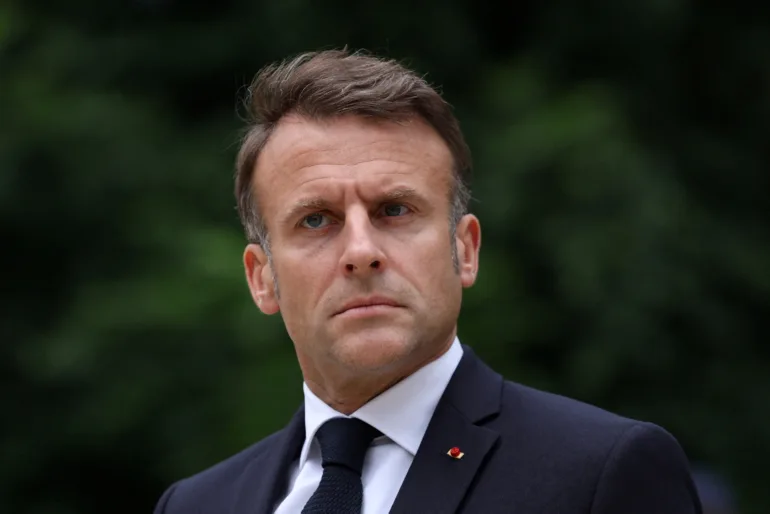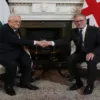France has suspended its counter-terrorism cooperation with Mali and expelled two Malian diplomats following the arrest of a French embassy staffer in Bamako, a French diplomatic source told AFP on Friday.
The move marks a sharp escalation in diplomatic tensions between the two countries. Malian authorities announced last month that a French national had been detained on suspicion of working for French intelligence, accusing unnamed “foreign states” of attempting to destabilise the country.
In retaliation, the French government has given the two Malian diplomats until Saturday to leave French territory.
The French diplomatic source also revealed that Mali had earlier declared persona non grata five French embassy staff in Bamako, who left the country on Sunday. The source warned that “other measures” could follow if the detained French national is not released promptly.
France had previously said it was in dialogue with Malian authorities to “clear up any misunderstanding” and secure the “immediate release” of the arrested envoy. Paris has rejected Bamako’s accusations of destabilisation as “unjustified” and insists the individual is entitled to diplomatic immunity.
Relations between France and Mali have deteriorated significantly since the Malian military seized power in two successive coups in 2020 and 2021. The junta, led by President Assimi Goïta, has since pivoted away from traditional Western allies — particularly France, the former colonial power — and deepened ties with Russia.
Last month, the junta also announced the arrest of dozens of soldiers allegedly involved in a failed plot to overthrow the government.
Mali has been mired in a security crisis since 2012, driven by extremist violence linked to Al-Qaeda and the Islamic State group, as well as rampant banditry and lawlessness in parts of the country.
The suspension of counter-terrorism cooperation by France further weakens the already fragile regional security architecture, as international forces have steadily withdrawn and local military regimes increasingly seek alternative alliances.
AFP


